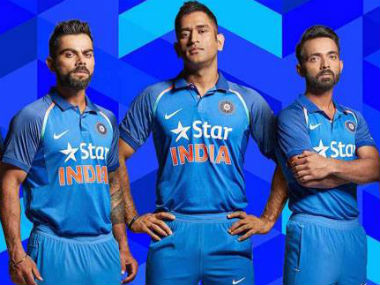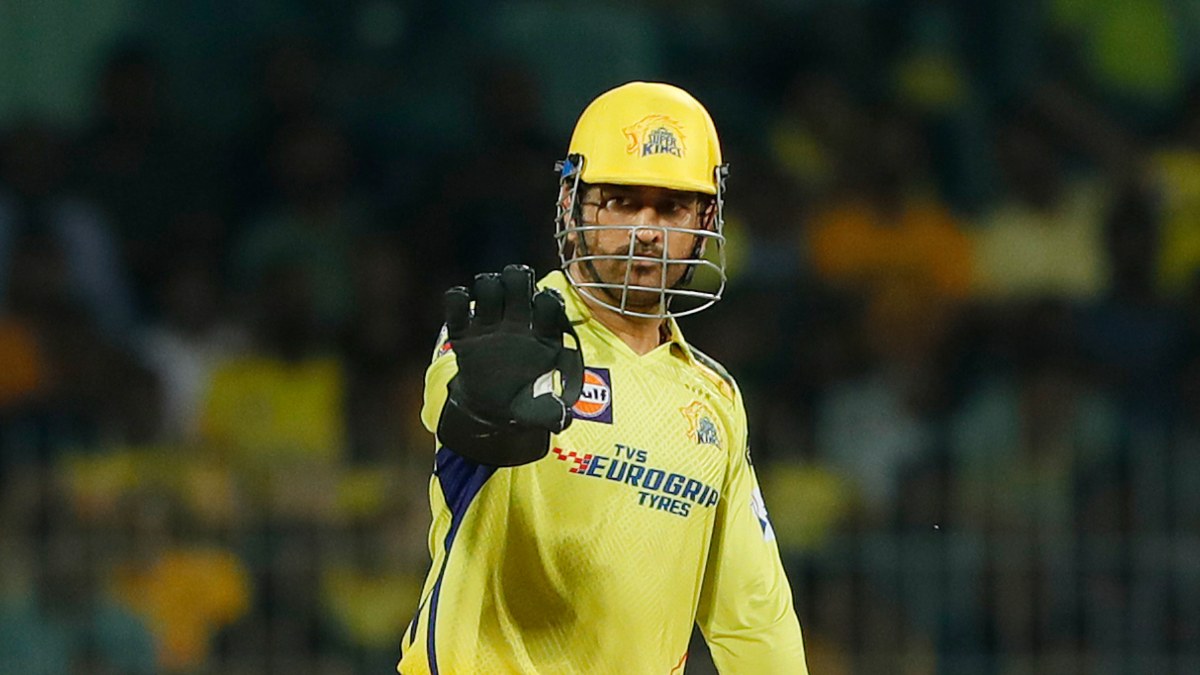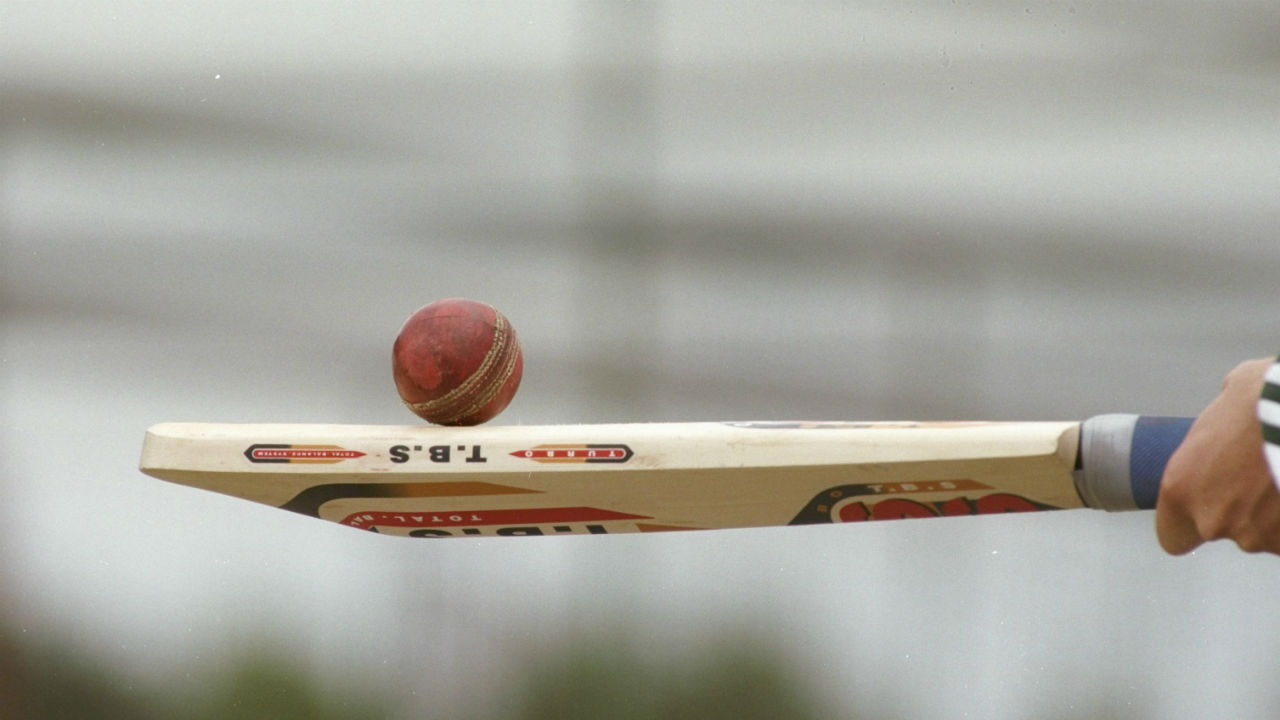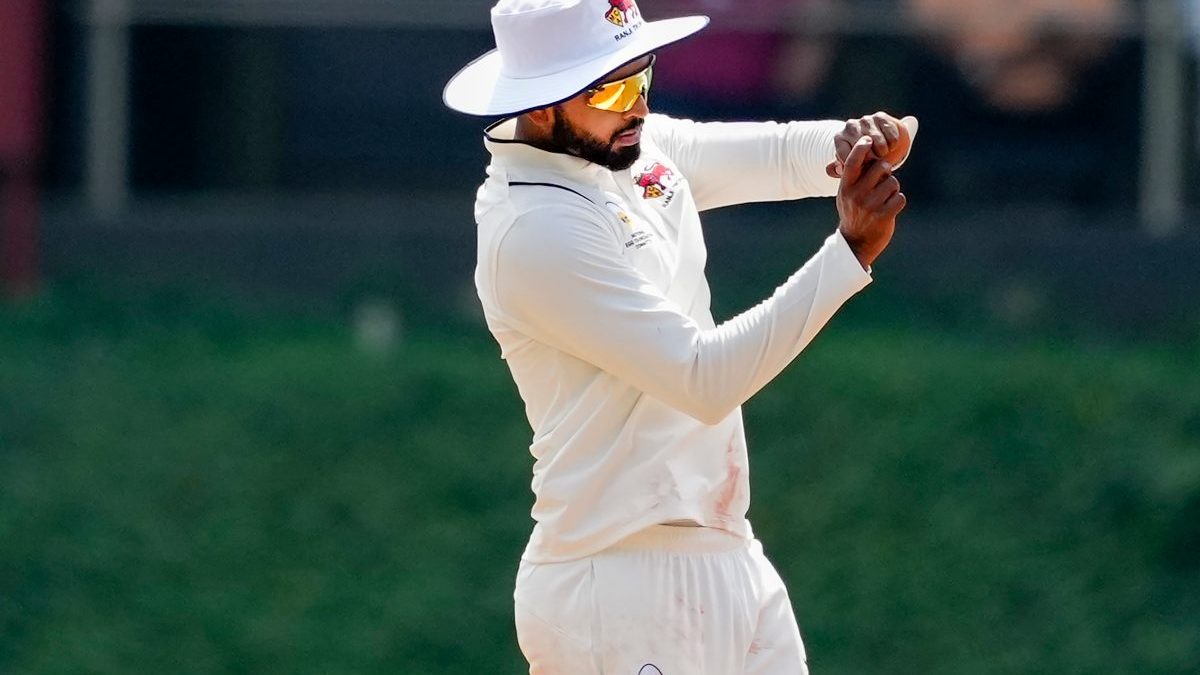Star TV’s decision not to bid for jersey rights for Team India is a major setback. Coming on the heels of the resignation of RP Shah, general manager (commercial), who was considered to be one of the big decision makers for the Board, it could even be termed as a big blow. It would leave the Board without a sponsor and an experienced person to negotiate and drive fresh ones.
Star India, official team sponsor of the Indian team since 2013, have their contract running till the end of March 2017. Although the players from the India A, women’s and U-19 teams are also expected to sport the Star logo on their clothing, it is the logo on the clothing of the men’s team players that is really valued.
Star reportedly pays the Board of Control for Cricket in India (BCCI) close to Rs 2 crore per match for bilateral series and Rs 60 lakh per game for International Cricket Council (ICC) tournaments.
As is evident, these sums of money would make business sense for Star only for India’s matches against Australia, England and Pakistan as they attract huge television audiences. The matches against, say Zimbabwe, New Zealand or Sri Lanka in comparison would draw fewer eyeballs and consequently result in poorer return on investment. Thus it would prefer India to be engaged more often in series against the more popular teams.
However, given the current turmoil in the BCCI and with the ICC trying to take advantage of it by seeking to edge India out of important committees, India’s matches may not be scheduled based on common sense and practicality.
The lack of clarity with the BCCI because of the current legal tangles and with the ICC, which gives the impression that it is out to cut the BCCI down to size, is scaring sponsors who want better bang for the buck. They see the ICC being tugged in different directions and expect this to create fissures within the game.
The chairman and CEO of Star India, Uday Shankar, said as much when interviewed by the Times of India Mumbai: “…right now we do not see a consensual leadership in cricket. The power of cricket came from the fact that everybody was aligned. The global cricket leadership was generally aligned to drive it forward. The alignment seems to have broken down. Lack of clarity both, in ICC as well as BCCI, is our biggest concern right now. We have nothing to do with the politics of cricket. Currently we have invested in cricket more than any other media company has ever done. Our investments in the game are to the tune of a few billion dollars. And hence the business risk for us is very, very high.”
The Future Tours Programme (FTP) is a major cause for worry, especially among big corporates bidding for rights over branding and so on. The so-called ICC World Test Championships sounds a bit too wishy-washy for comfort. It asks cricket fans to follow the fortunes of teams over two years before they can identify a champion.
A period of two years could be a lifetime for many sportsmen and could have little relevance to form and performance. Keeping track of individual performances and teams over two years would be too cumbersome for most followers of the game who would prefer winners to be identified swiftly, like in the Indian Premier League (IPL), Champions Trophy or World Cup.
Thus if fans give up on keeping track, how would the so-called Test championship generate interest and be sustainable? The FTP is even rigged in such a way that if India does not agree to play Pakistan it would be docked points! If the ICC expects this to be a popular move it has another thought coming.
Shankar, in the ToI interview, puts it succinctly: “The centrality of India, a country that generates so much revenue for global cricket, is crucial. The percentage share of revenue that India generates is very high but the percentage share of viewership that India generates is even higher. And our take here is that nothing should be done to weaken or demotivate that enthusiasm. The consequences of that will be devastating… The game can’t get stronger without it becoming stronger in India. We must ensure that we aren’t throwing the baby with the bathwater.”
It is imperative that all parties recognise this central aspect if Indian cricket is to prosper in the coming days. Of course, the BCCI ought to be made transparent and its office-bearers accountable. But those attempting to run the game should not come up with outlandish ideas that would end up weakening the structure.
When the Lodha report came out, Firstpost pointed out how damaging it would be to ban advertisements between overs or at the fall of a wicket. Fortunately that recommendation was thrown out and mega bucks continued to flow into Indian cricket.
However, many contracts and agreements would come up for negotiation in the coming days, including a slew of IPL contracts for the next 10 years. It is important that ideal people, with in-depth understanding of international cricket’s intricacies and with great skill in negotiations are deployed to bat for the Board and Indian cricket. Money is vital for the development of the game. And it comes from the game being strong and vibrant in India. But, as Shankar puts it: “If India lose their voice or even if they are not playing a leading role, it would be disastrous for global cricket.”


)




)
)
)
)
)
)
)
)